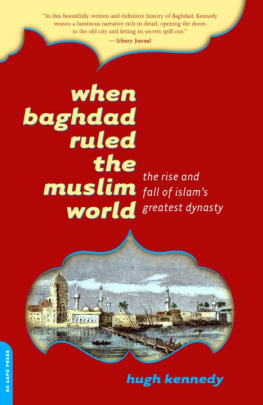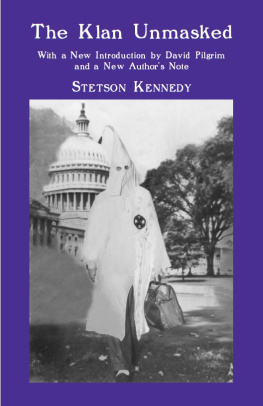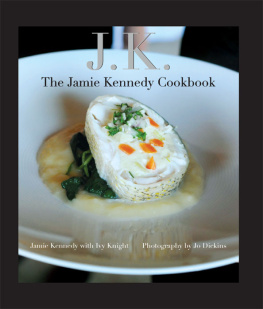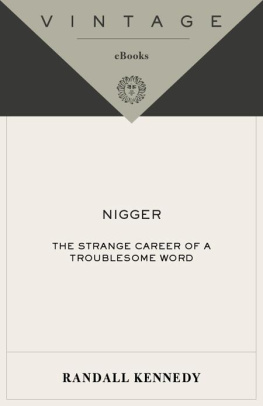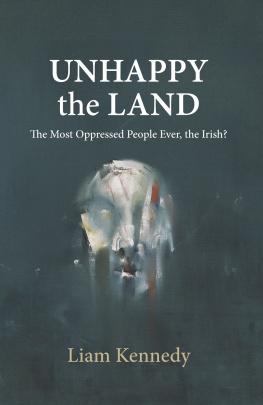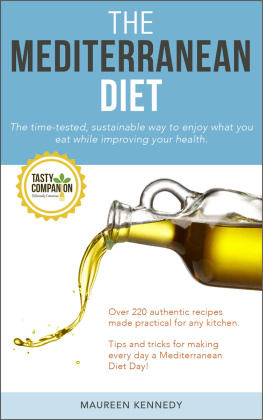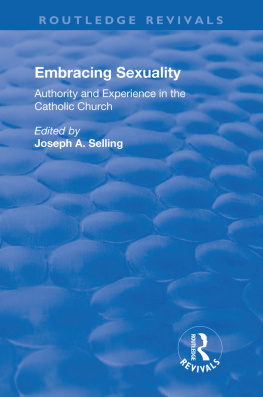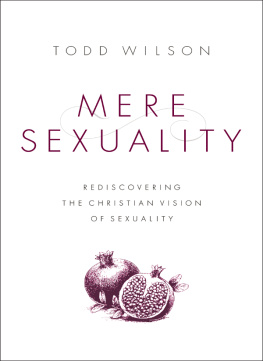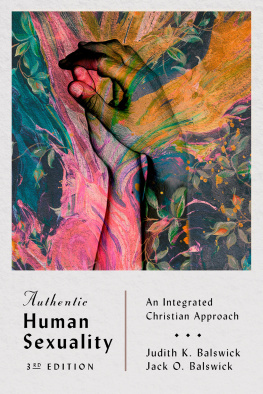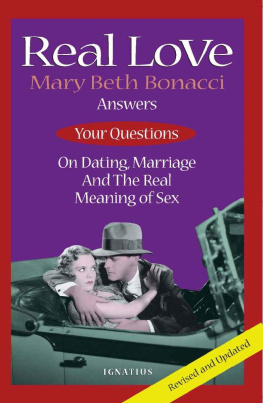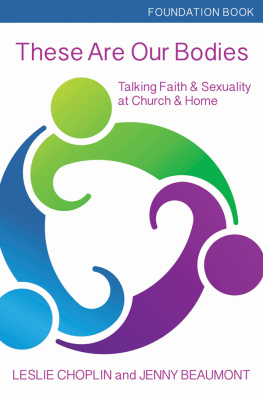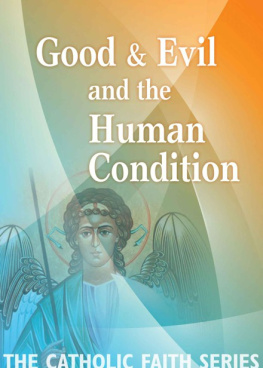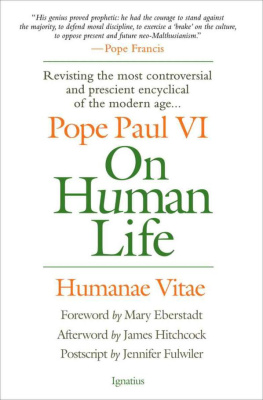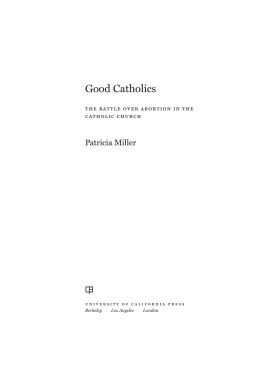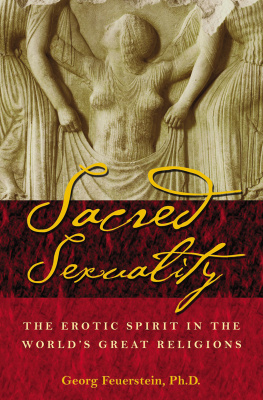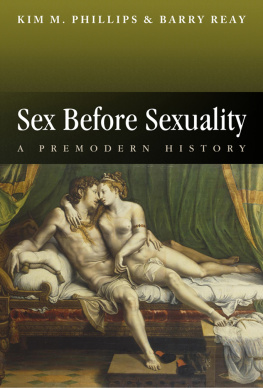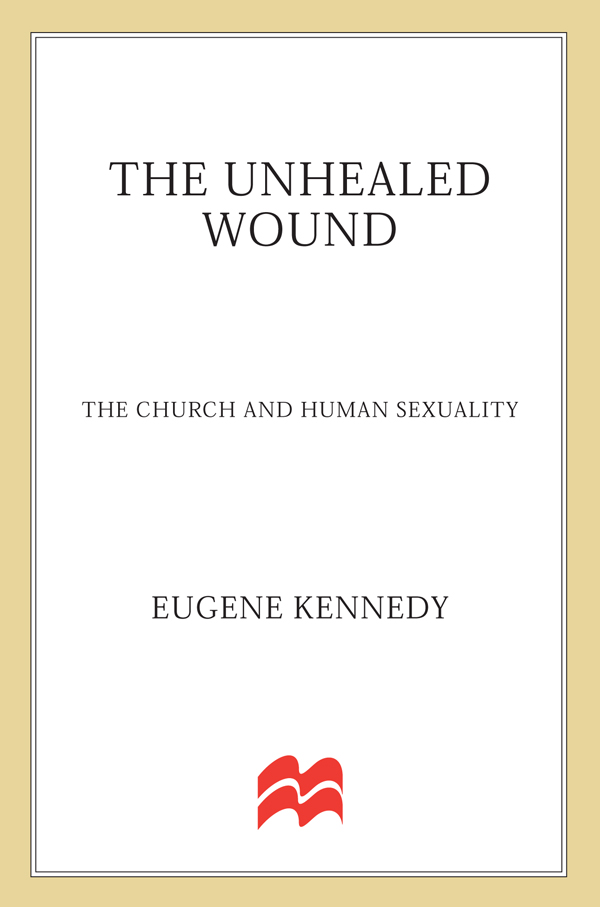Contents
Guide

The author and publisher have provided this e-book to you for your personal use only. You may not make this e-book publicly available in any way. Copyright infringement is against the law. If you believe the copy of this e-book you are reading infringes on the authors copyright, please notify the publisher at: us.macmillanusa.com/piracy.
FOR
KITTY BITTERMAN
{19421999}
WHOLE, HEALTHY, AND ALWAYS LOVING
&
FOR HER LOVING HUSBAND ,
MIKE BITTERMAN
I T IS THE TWENTY-SECOND day of the last November before the New Year 2000. A light mist casts a sheen on Manhattans streets, veils the Metropolitan Opera House, and blurs the lights of limousines and taxis delivering guests hungry to see and hear Richard Wagners Tristan und Isolde. At the end of its first New York performance 113 years before, according to a newspaper of the era, before the clapping (and screaming) began, the audience sat hypnotized for minutes silent and motionless in their places as though drunk or in a transport.
Women swooned when Tristan tore the bandages from his wound to rise from his delirium and greet life again in the return of Isolde and to die in her armsas Wagner himself wished to die, in the embrace of his mistress, Mathilde. The epic liebesnacht (the love night) and the liebestod (the love death) were said to have shattered inhibitions [of women] inculcated by Gilded Age decorum. With its erotic maelstrom of love music, one critic reflects, Wagners version of the Tristan legend had changed peoples lives.
Do the men and women hurrying toward their places expect their lives to be changed by what, in 1886, the New York Tribune referred to as the tumultuous lava current of the opera? It is less by chance than by a summons from the millennial, love-straitened times that Tristan and Isolde are to sing once more of their love-death to New Yorkers who know that in the century just ending, a sexual revolution has been won but something about love has also been lost. They almost certainly feel within themselves the poisoned wound of Tristan, the gash that lies at the heart of this legend and a dozen kindred myths.
Do these people, so unremarkably human in their desires beneath their designer labels, long for love that is not given by half? And would they, in the fundament of their beings, surrender the right always to choose, and instead be themselves chosen, even imprisoned, by a grand consuming passion and suffer the intense erotic wound of a great love? Are they less sexually restless than the patrons a century earlier, or are they more anxious to meet their Tristan or their Isolde and be swept away by a transcendent love that makes even death sweet?
Enter Wagners Tristan and enter a myth for the postmodern world, in which the wound symbolizes the still-unhealed division between God and his universe, heaven and earth, and spirit and fleshthat injury that seeds men and women, as Joseph Campbell says, with longing, irresolution, loneliness and lust. Does the opera intensify fin de sicle ambivalence about the dangerous glory of love that demands a total surrender of the self to another? Do the audience members bear within themselves their own sexual wounds, hoping to tear away their bandages, as Tristan pulls them from his own wound to be healed by, and perhaps to die of, love?
If this is the theme of this titanic psychodrama, Tristan is but one of the great mythical figures who, like all of us, bear a wound that needs healing. Wounds are found everywhere in ancient legends, in those of Sir Gawain and that of the Fisher King, who found ease only in his boat on the water, and in the spell-casting castrate Clinschor, who was himself wounded as he wounded the king. The Grail King in the Parzival of von Eschenbach waits for someone to speak the words of healing for a wound so severe that he can neither sit nor stand nor lie down with comfort. The wounds are almost always the samethese great male figures are wounded sexually, by spears thrust through their genitals, and await healing that comes, as we shall see, not from magic or miracles but from responses so simple in their human sympathy or so powerful in their human love that they astound us still.
I T WAS AN ORDINARY pastoral call by a young priest on an old lady. At eighty-five, Florence sat straight as a judge and watched the world through Wedgwood-blue eyes that had missed very little of what life gave and took away. Florence was a twenty-year widow after a forty-year marriage and had children and grandchildren unto the third generation. But she could not pronounce the word sex. She managed sec hesitantly as she blushed and looked away.
On such routine visits with people whose names were never in the papers, I first sensed the throbbing, faint as a tremor far away, of an unhealed wound.
Tim was seventy-two, a retired history professor turned into Mr. Chips not by the untimely death of a young wife but by the bachelors existence in which he sought cramped shelter from the torrent of sexual fantasies that had flooded his imagination since childhood. More than sixty years later, he still cringed as he described the shame heaped on him in his first confessions.
Frank was a few years older, a retired priest-professor who had achieved acclaim as wide as his life was narrow and proper, and for a long time he did not appear to be aware of the wound never healed and never attended to within him. Only long after the battles for commanded chastity had been adjourned had he realized that he had not won them but instead had fought a strategic retreat. Now, awkwardly for him and for all who knew him, his need for closeness surfaced, a touching longing for simple human affection, for all that had been ruled out to keep himself reined in. With half-formed adolescent grace, he would embrace a waitress just a tick too long or hold on, truly for dear life, to women as he greeted them or bade them good night, a good boy who had spent his life on a mans errands, like an orphan finding his true birth record and realizing how little he had known and how late he had loved.
Tom was fifty, a handsome and successful priest on everybodys short list to become a bishop someday. He was looking past me, beyond me, as I walked by him standing in a doorway one night in a West Coast city. He was wearing gold chains over a black turtleneck sweater, his eyes hungry, deprived, searching like those of a thousand men in a thousand urban doorways for a sexual partner. His haunted look has never left me and I knew then as I know better now that he was wounded, too, and that explains the aura of sadness that trailed him until he disappeared from the priesthood, from his bright prospects, too, into a sexual underworld without a forwarding address.
Other faces rise in a long, dazed parade, laypeople and priests, religious men and women, laying down sacks after a long portage; what was is in them anyway? Men and women indicting themselves for their sexual longings, banishing them, themselves, too, into dry and lonely deserts: the hardworking, rosy-cheeked priest whose falling tears sank into the black wool of his cassock as he sobbed of how the need built up in him until, in disguise, he would buy tickets at a big-city ballroom to dance for hours with strangers and, full of remorse, ride in the empty midnight hours the near empty subway home; the pale morning light on the face of a different priest, stunned by death that surprised him in seamans clothes in a waterfront barthe woman with him had left, the bartender said.


